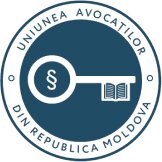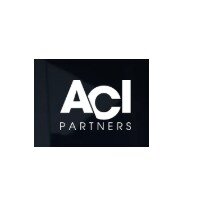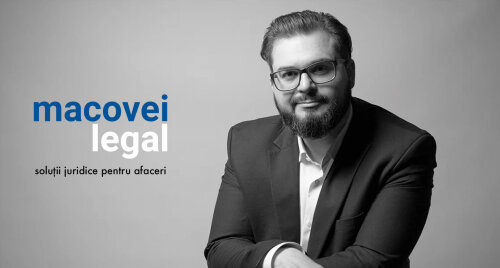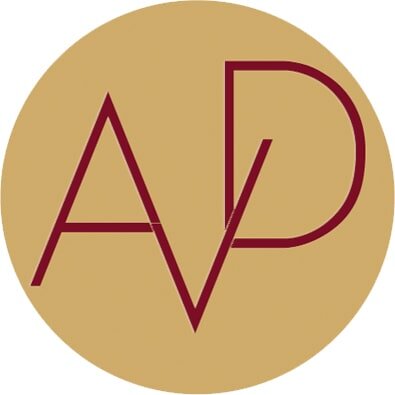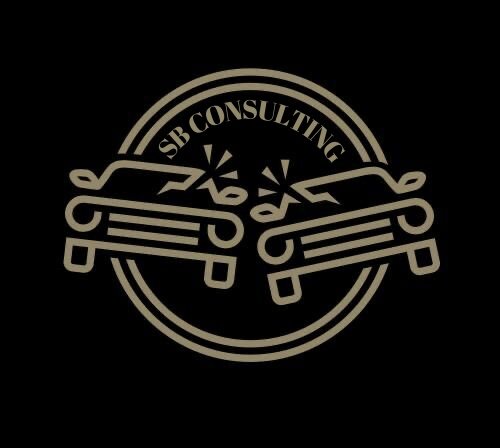Best Water Law Lawyers in Republic of Moldova
Share your needs with us, get contacted by law firms.
Free. Takes 2 min.
Or refine your search by selecting a city:
List of the best lawyers in Republic of Moldova
About Water Law in Republic of Moldova
Water law in the Republic of Moldova is the body of legal norms and rules governing the use, management, and protection of water resources within the country. The legal framework is designed to ensure that water resources are utilized in an environmentally responsible, sustainable, and equitable manner, balancing the needs of individuals, communities, businesses, and the ecosystem. The key law in this area is the Water Law No. 272 of 2011, which aligns Moldova’s policies with international standards and the European Union’s directives. This legal framework addresses water usage, ownership, quality, pollution prevention, and the responsibilities of central and local authorities regarding water resource management.
Why You May Need a Lawyer
There are various situations in which individuals, businesses, or organizations may require legal assistance related to water law in the Republic of Moldova. Common scenarios include:
- Disputes over water usage rights between neighbors, agricultural producers, or businesses. - Issues concerning water pollution, contamination, or drainage that affect property or health. - Regulatory compliance for commercial activities such as farming, industry, or construction near water resources. - Applications for water use permits, licenses, or authorizations, and challenges of permit denials. - Problems arising from the construction of dams, wells, or water supply networks. - Negotiating agreements or resolving conflicts involving shared water sources or international waters. - Interactions with government authorities regarding water fees, tariffs, or service interruptions. Legal professionals specializing in water law help individuals navigate complex regulations, represent their interests in disputes, and ensure that their rights regarding water resources are protected.
Local Laws Overview
Water in the Republic of Moldova is considered an essential natural resource and is regulated to protect public and environmental interests. The main legal points include:
Ownership and Administration: Most water bodies, including rivers, lakes, ponds, and underground waters, are public property administered by the state. The state controls usage, distribution, and protection of these resources. Permits and Licenses: Activities involving water abstraction, discharge of pollutants, construction in water protection zones, or significant modifications to water bodies require special permits/licenses from the environmental authorities. Quality Standards: There are strict limits on contaminants and pollutants that can be released into natural waters, based on national and EU-aligned standards. This applies to both individuals and legal entities. Fees and Payments: Water users may be required to pay for the use of water resources or for pollution, according to state-fixed tariffs and rules. Protection Zones: There are designated protected areas along rivers, lakes, and reservoirs where activities are restricted to safeguard water quality. Sanctions: Violations of water law regulations can result in administrative fines, compensatory damages, or criminal liability in cases of serious harm or persistent noncompliance.
Frequently Asked Questions
Who owns the water resources in the Republic of Moldova?
Water resources are generally owned by the state, and their use is regulated so as to benefit the public interest as well as private needs.
Can I use water from a river or stream near my property?
You may need a permit or authorization to use water from natural sources, especially for significant or commercial uses. Small volumes for household needs may be exempt in certain cases, but always check local regulations.
What should I do if my neighbor is polluting a local water source?
You should report the incident to the local environmental authorities or the Inspectorate for Environmental Protection, who are responsible for investigating pollution complaints. A lawyer can help you understand your legal options.
What permits do I need to build a well?
Permits are usually required for drilling wells, particularly if the groundwater will be used for commercial, agricultural, or large-scale domestic purposes. Applications should be submitted to the Environmental Agency.
How are water usage rights allocated?
Water use is regulated through a system of permits and licenses, prioritizing public health, agriculture, industry, and environmental protection goals. Allocation follows strict criteria to prevent overuse or depletion.
What laws govern the control of water pollution?
The Water Law No. 272 of 2011 establishes detailed rules on pollution prevention, discharge limits, and responsibilities for water quality management. Additional regulations are issued by environmental authorities.
Are there rules for building near lakes or rivers?
Yes, there are established protection zones along water bodies where construction is limited or prohibited, to safeguard water quality and prevent flooding.
Can companies or individuals be fined for illegal water use?
Yes, violations of water law such as unauthorized usage, pollution, or construction can result in fines, penalties, and in some cases, criminal prosecution.
How does Moldova cooperate with neighboring countries regarding water?
Moldova participates in international agreements to manage transboundary waters such as the Dniester River, working with Ukraine and others to regulate use, prevent pollution, and preserve shared ecosystems.
Where can I find help with a water-related legal dispute?
Expert legal advice can be sought from specialized environmental lawyers. You can also approach governmental bodies responsible for water management or mediation services.
Additional Resources
- Ministry of Environment of the Republic of Moldova - Responsible for national environmental policies, including water regulation. - Environmental Agency of the Republic of Moldova - Processes permits, licenses, and monitors water quality. - Inspectorate for Environmental Protection - Handles enforcement, inspections, and investigations of environmental violations. - National Agency for Public Health - Monitors water quality for public health and safety. - International organizations such as the World Bank, United Nations Development Programme, and the Organization for Security and Co-operation in Europe support Moldova’s water management efforts and provide information resources. - Local bar associations and environmental NGOs can recommend qualified legal practitioners in water and environmental law.
Next Steps
If you believe you need legal assistance regarding water law in the Republic of Moldova, consider the following actions:
1. Clearly identify your issue or concern, including any relevant documents or communications. 2. Contact the relevant governmental body to gather information about regulations, permits, or ongoing investigations. 3. Seek legal advice from a lawyer with experience in environmental or water law. Local bar associations can help you find a qualified professional. 4. Prepare any evidence or documentation to support your case, such as photos, maps, contracts, or test results. 5. If you are facing a dispute, consider mediation or negotiation before legal proceedings, as this may resolve the issue more efficiently. 6. In case of urgent risks to public health or safety, notify the appropriate authorities immediately. By following these steps and consulting with experts, you can effectively address your water law issue and protect your interests under Moldovan law.
Lawzana helps you find the best lawyers and law firms in Republic of Moldova through a curated and pre-screened list of qualified legal professionals. Our platform offers rankings and detailed profiles of attorneys and law firms, allowing you to compare based on practice areas, including Water Law, experience, and client feedback.
Each profile includes a description of the firm's areas of practice, client reviews, team members and partners, year of establishment, spoken languages, office locations, contact information, social media presence, and any published articles or resources. Most firms on our platform speak English and are experienced in both local and international legal matters.
Get a quote from top-rated law firms in Republic of Moldova — quickly, securely, and without unnecessary hassle.
Disclaimer:
The information provided on this page is for general informational purposes only and does not constitute legal advice. While we strive to ensure the accuracy and relevance of the content, legal information may change over time, and interpretations of the law can vary. You should always consult with a qualified legal professional for advice specific to your situation.
We disclaim all liability for actions taken or not taken based on the content of this page. If you believe any information is incorrect or outdated, please contact us, and we will review and update it where appropriate.
Browse water law law firms by city in Republic of Moldova
Refine your search by selecting a city.







